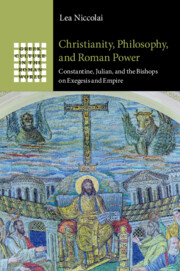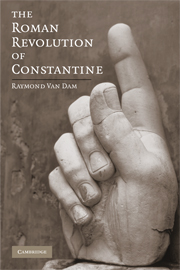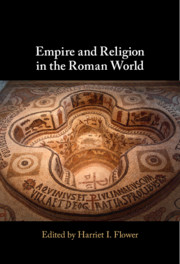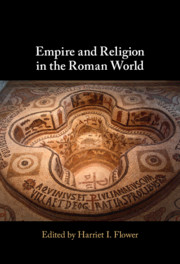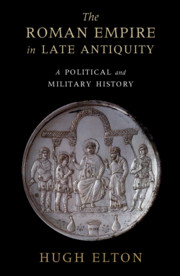Christianity, Philosophy, and Roman Power
This book rethinks the Christianisation of the late Roman empire as a crisis of knowledge, pointing to competitive cultural re-assessment as a major driving force in the making of the Constantinian and post-Constantinian state. Emperor Julian's writings are re-assessed as key to accessing the rise and consolidation of a Christian politics of interpretation that relied on exegesis as a self-legitimising device to secure control over Roman history via claims to Christianity's control of paideia. This reconstruction infuses Julian's reaction with contextual significance. His literary and political project emerges as a response to contemporary reconfigurations of Christian hermeneutics as controlling the meaning of Rome's culture and history. At the same time, understanding Julian as a participant in a larger debate re-qualifies all fourth-century political and episcopal discourse as a long knock-on effect reacting to the imperial mobilisation of Christian debates over the link between power and culture.
- Rethinks the religious transition of the later Roman empire as a crisis of knowledge
- Explains fourth-century socio-political change as the outcome of a 'politics of interpretation' rewriting the self-image of imperial and episcopal leaders
- Rethinks Julian's cultural and religious project by contextualising his reaction to Christianity within the fourth-century debates on Christianity's intellectual control over Greco-Roman culture
Reviews & endorsements
'Christianity, Philosophy, and Roman Power is filled with insight and fresh thinking that breathes new life into the study of kingship literature and the way Christians successfully adapted classical values to their own uses.' Harold Drake, Sehepunkte
Product details
No date availablePaperback
9781009299275
379 pages
229 × 152 mm
Table of Contents
- Introduction
- Part I. At Constantius' Court: Julian Caeser:
- 1. How philosophers should take compliments when they happen to become kings
- 2. Climbing the ladder
- Part II. Making and Breaking Constantine: Julian Augustus
- 3. Holy hermeneutics
- 4. A life for a life
- Part III. After Julian: Philosophy in the World:
- 5. Those who know if the emperor knows
- 6. Wisdom for the many, and wisdom for the few
- Conclusions.

